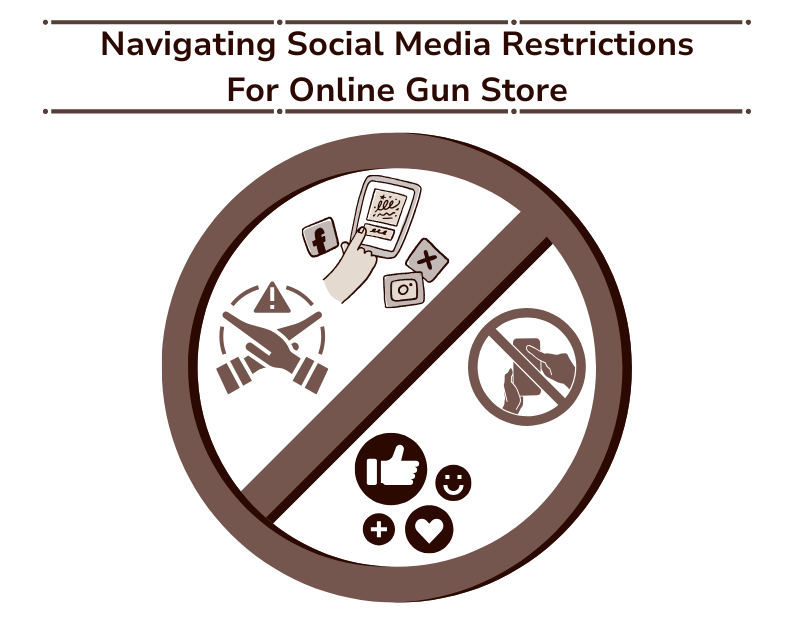Recently, there has been a significant development in the ongoing debate over gun control in the United States. Several major credit card companies have announced that they will no longer use merchant category codes (MCCs) to track gun purchases made with their cards.
MCCs are four-digit codes that are used by credit card companies to classify different types of merchants. For example, gun dealers are assigned a specific MCC that indicates they are a firearms dealer. By tracking the MCC associated with a purchase, credit card companies can gather data on the number of gun purchases made, the amount of money spent, and other information that can be used to assess risk.
The decision to stop using MCCs to track gun purchases has been praised by gun rights advocates, who argue that such tracking is an infringement on Second Amendment rights. They argue that this type of data collection can be used to create a de facto gun registry, which could be used by the government to track and potentially confiscate firearms.
On the other hand, opponents of the decision argue that tracking gun purchases is necessary for public safety. They argue that credit card companies have a responsibility to help prevent gun violence by identifying potentially dangerous buyers.
Regardless of one’s stance on the issue, the decision by credit card companies to stop using MCCs to track gun purchases is significant. This move follows similar decisions by other companies to distance themselves from the firearms industry, including retailers who have stopped selling guns and ammunition altogether.
Some advocates have argued that this corporate pressure is necessary to force change in the industry, while others argue that it is an infringement on Second Amendment rights. Regardless of the debate, it is clear that the issue of gun control remains a contentious one in the United States.
While credit card companies have stated that they will no longer use MCCs to track gun purchases, it remains to be seen how this decision will affect the industry. Some have argued that this move could make it more difficult for gun dealers to obtain loans and credit, potentially harming the industry as a whole.
Others argue that this decision is unlikely to have a significant impact on the industry, as many gun dealers already accept cash or other forms of payment. In any case, the decision by credit card companies to back away from using MCCs to track gun purchases is a significant development in the ongoing debate over gun control in the United States.


